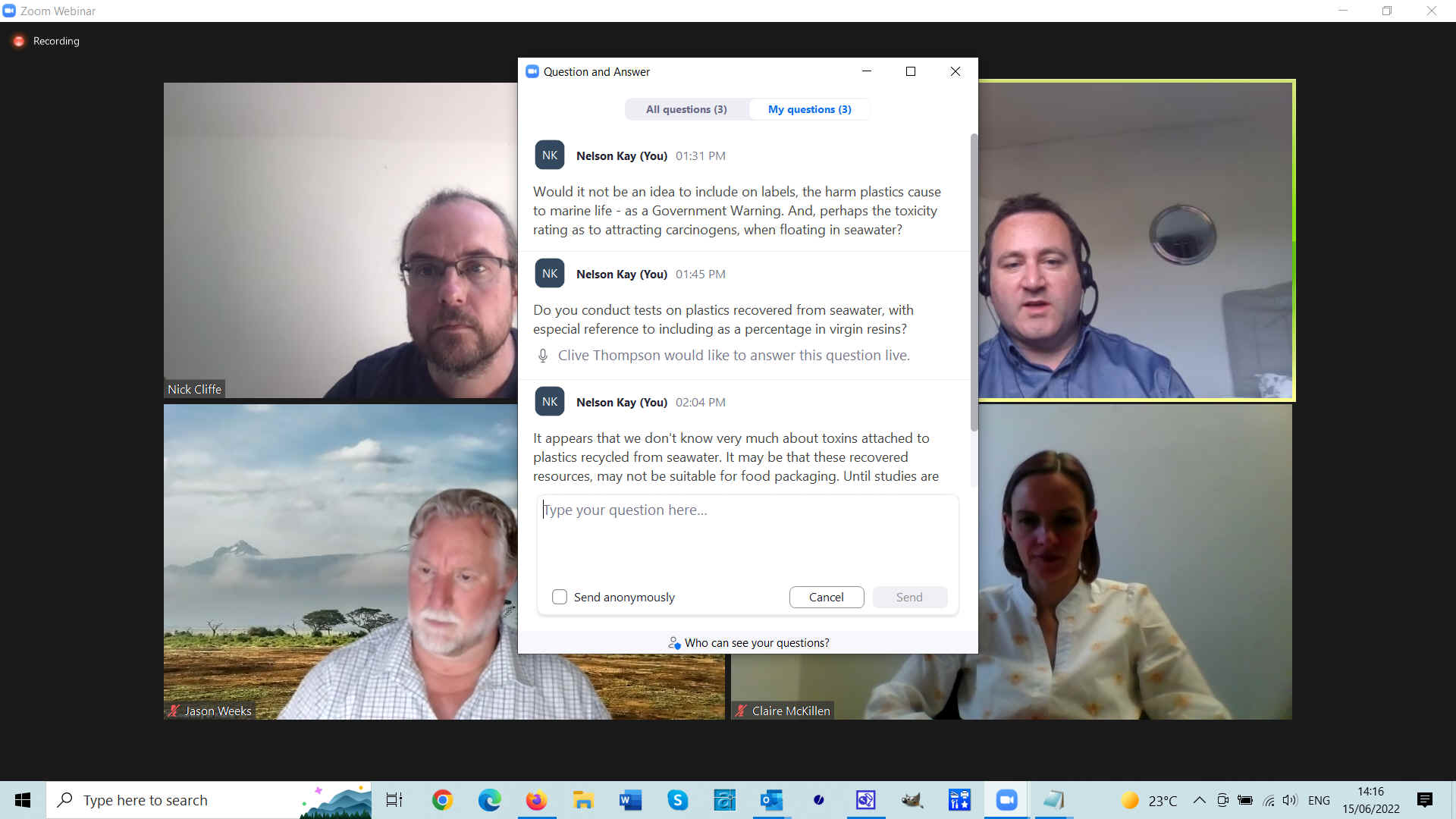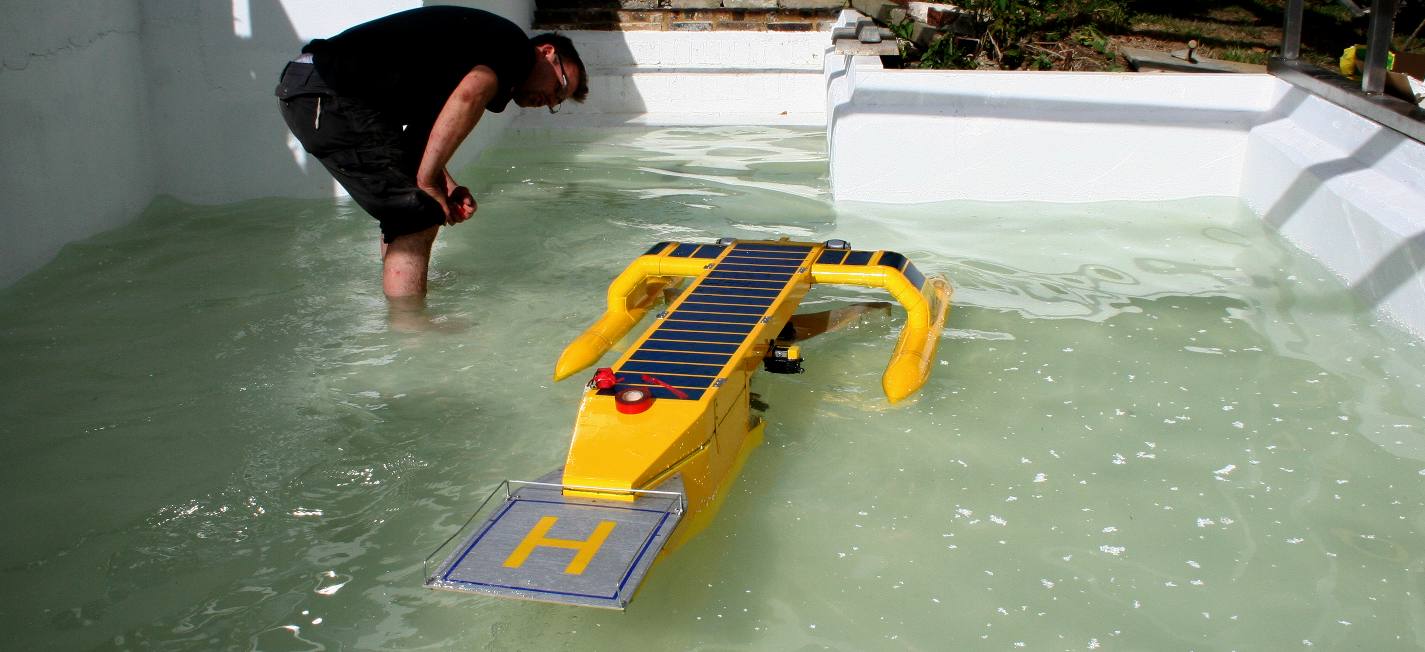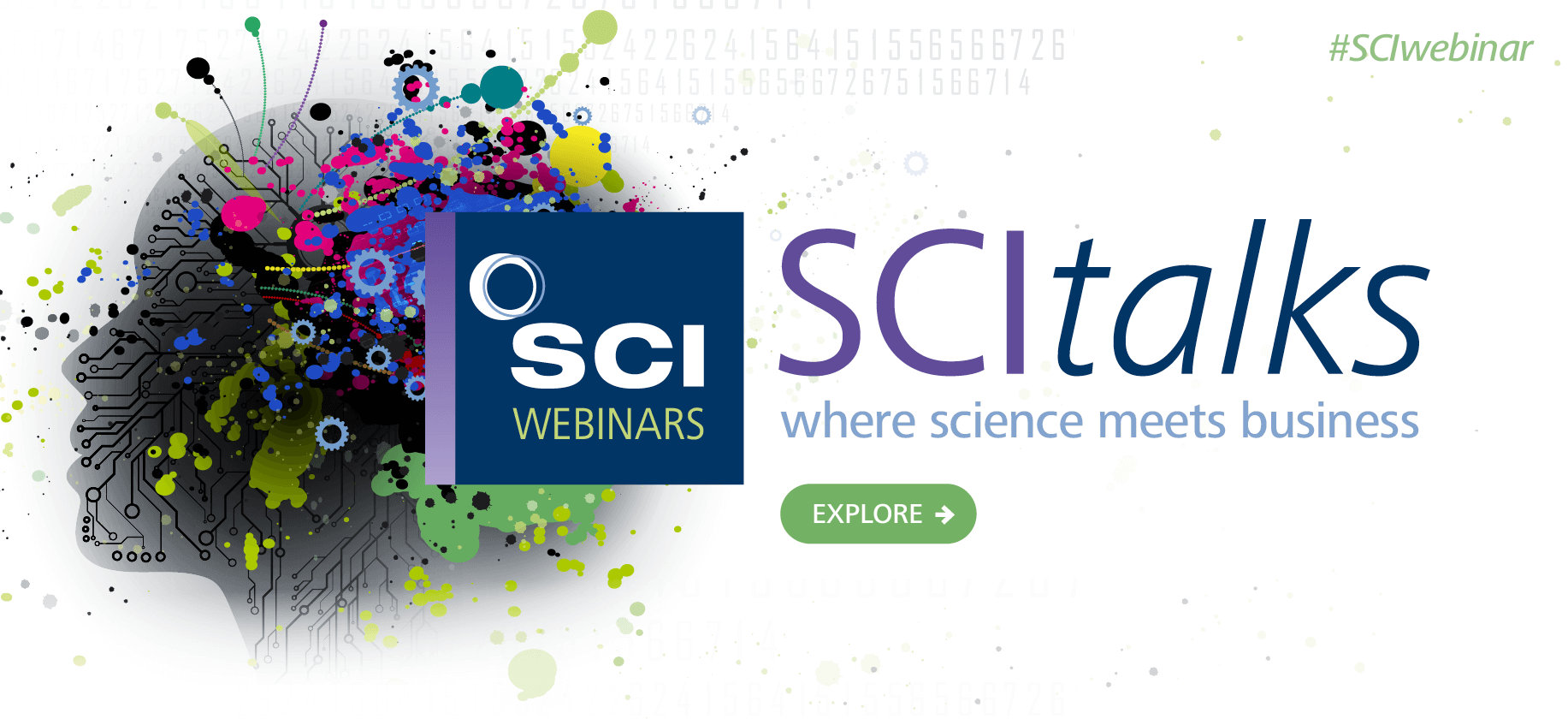|
UKRI - 15 JUNE 2022 - MATERIALS TOXICOLOGY
PLEASE USE OUR A-Z TO NAVIGATE THIS SITE, OR RETURN HOME
|
|
15 JUNE 2022 - Plastic chemistry, as it may affect foods that are packaged in it, and the effects of micro plastics in the marine environment, is not understood, nor have there been studies to determine if food wrapped in plastic is safe for human consumption. That was the general concensus of opinion, of the presenters and panelists in this UK Research Innovation event. A modified version of SeaVax, at RiverVax scale, or similar research vessel, could be equipped to autonomously conduct toxicity data assimilation, with shared geo-data function.
|
|
15
JUNE 2022
NICK CLIFFE - Is the Deputy Challenge Director for the Smart Sustainable Plastic Packaging Challenge at Innovate UK; this multi-year £60M programme is part of the Industrial Strategy Challenge Fund. The SSPP programme supports research and innovation to deliver a circular economy for plastic packaging in the UK.
Micro-plastics in the Environment - 10:00-12:00 Migration from Recycled Food Contact Materials - 13:00-15:00
Q&A
Questions posed by our advocate:
Nelson Kay (You) 01:31 PM
Would it not be an idea to include on labels, the harm
plastics cause to marine life - as a Government Warning. And, perhaps the toxicity rating as to attracting carcinogens, when floating in seawater?
Do you conduct tests on
plastics recovered from seawater, with especial reference to including as a percentage in virgin resins?
It appears that we don't know very much about toxins attached to plastics recycled from seawater. It may be that these recovered resources, may not be suitable for food packaging. Until studies are done, nobody can say if it is worth even attempting to recover marine litter in quantity. Is this an accurate assessment of the state of play?
Is there an ocean capable machine that can sample and analyse plastics at high concentration areas (for example), as to toxicity, then pass on the geodata autonomously?
The
panelists bravely attempted to answer these questions in the round. A
recording was made with a view to sharing the discourse, but because of the
glaring gap in the state of such research, publication will not help
accelerate this knowledge. And time is money.
The SeaVax project (above) proved that it was possible to filter plastic from the oceans using a solar powered machine to target micro and macro plastic. Without any real prospect of funding of any sort, the project stalled at the 1:20 scale stage, not going on to full or even half size prototypes. And was eventually cancelled in 2020 as the assembled team of experts disbanded - having mortgages to pay.
Such a machine at RiverVax scale would have been capable of sampling ocean plastics, to determine toxicity levels in macro and micro plastics around shores and in blue water, but was not considered to be new by European assessors of a Horizon2020 call for proposals - even though the technology is still not developed. Who can make head or tail of EU or UK politics for that matter! The fact is they don't fund mavericks like John Harrison anymore.
Cleaner
Ocean Foundation advocate a multi pronged attack on plastic, by reduction of
disposable packaging and re-design, or outright ban on some items that
cannot be effectively recycled. This is in addition to seeking replacements,
by way of biodegradable and compostable plastics, etc. Having first been
tested for toxicity.
The general consensus is that seafood is becoming more toxic as fauna soak up carcinogens, from ingesting plastics, potentially raising cancer rates in humans and overburdening our already cash strapped health services.
Eventually, it is thought that whaling may have to be re-instated to make up for lost fish protein. Especially, as desertification reduces the available arable land on which to grow crops. A sad situation if it ever comes to that. Then again, we can always eat each other - as is traditional, politicians first.
CONTACTS
...
|
|
|
LINKS & REFERENCE
https://www.
|
|
|
|
|
|
PLEASE USE OUR A-Z TO NAVIGATE THIS SITE
This website is provided on a free basis as a public information service. copyright © Cleaner Oceans Foundation Ltd (COFL) (Company No: 4674774) 2022. Solar Studios, BN271RF, United Kingdom. COFL is a company without share capital whose founding objects are charitable, being not-for-profit.
|



